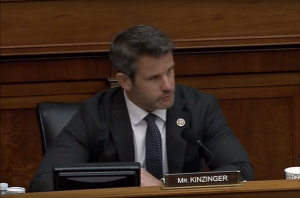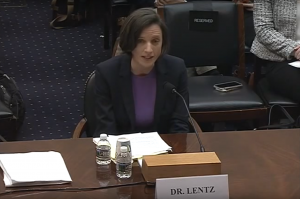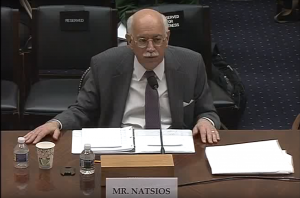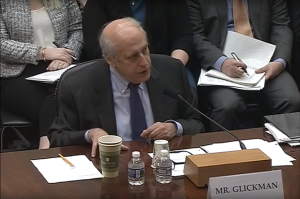Famine, Jobs and bin Laden – highlights from yesterday’s foreign aid hearing
In 2017, more than 70 million people overseas faced life-threatening starvation. Sadly, 2018 looks just as grim. And while the U.S. has stepped up efforts to save lives by countering hunger and instability, our food aid programs are seriously hindered by outdated restrictions. So Chairman Royce invited experts to the House Foreign Affairs Committee yesterday to discuss how we can modernize these programs and feed millions more starving people each year – without spending additional taxpayer dollars. Here are the highlights:
Our food aid programs are critical to U.S. national security.
Rep. Kinzinger: “I fear that if we’re not helping these people feed their families… those seven and eight-year-old Syrians in refugee camps, or those besieged in Syrian cities, will become easy recruits for terrorists who manipulate their hunger and fear.”
We can feed more people and save millions of lives through two simple reforms.
Dr. Lentz: “These two policy changes could save millions of lives, stem forced migration and ensure that American tax dollars do more to help hungry people around the world. First, relax or eliminate requirements that food aid be procured in the U.S. Second, relax or eliminate cargo preference requirements on U.S. food aid shipments.”
Modernizing these programs will continue to help counter extremism and create good will toward America.
Mr. Natsios: “Bin Laden’s poll ratings in the largest Muslim country in the world, Indonesia, were 58 percent approval rating… The U.S. had a 28 percent approval rating before the [2004] tsunami. Four months later, according to five different polls and five different newspapers, bin Laden’s polls collapsed from 58 percent to 26 percent and the U.S. went up from 28 percent to 63 percent approval rating… All the newspapers in Indonesia said… ‘We didn’t like the United States, but who is helping us in our time of need? The United States is. They’re everywhere.’ So if you think this doesn’t have an effect – let me tell you, it does.”
U.S. food aid reform can also create more trade and job opportunities for American workers.
Mr. Glickman: “[C]ountries in Africa within the next 10 or 15 years may be able to buy 20, 25 percent of their products from us. So this is…an investment in the future as much as it’s an immediate need. We don’t want to lose those markets. And the best way to get those markets is to build local agricultural infrastructure and economies. And as they grow, they begin to buy more stuff from us.”
Despite having so much at stake, and the many benefits of reform, certain special interests refuse to improve the system to save more lives.
Mr. Natsios: “The scandal is that 60 percent of the [shipping] companies are not American companies. They are German, Danish and Singapore-based companies that bought an American subsidiary as a front. So, if we’re protecting American shipping, because we need to control it for national security — we don’t control them. Other countries do. So, we’re subsidizing foreign shipping companies, using the Food for Peace account, which is supposed to be for feeding hungry people. That’s a scandal to me.”
The bottom line:
Not only do U.S. food aid programs save lives, they make America safer. American tax dollars should not be wasted on outdated policies. Now, more than ever, we need to strengthen our food aid programs. That means implementing reforms that allow the U.S. to have greater impact. Chairman Royce and the House Foreign Affairs Committee will continue their efforts to make food aid more efficient and effective.
###




